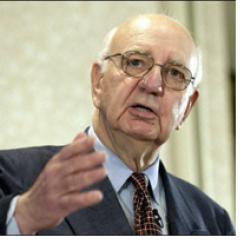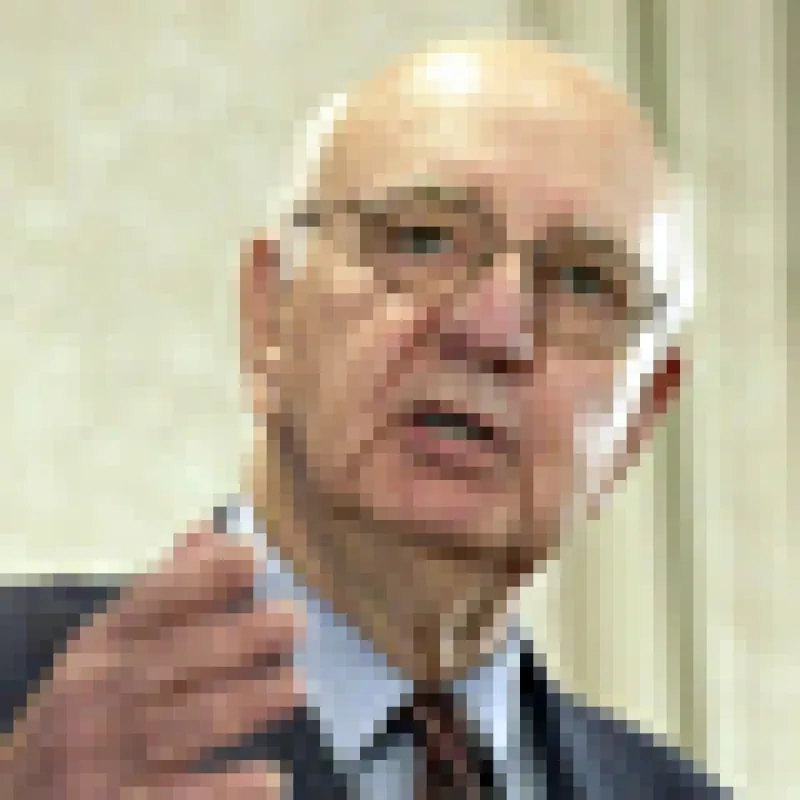Former Federal Reserve Board chairman Paul Volcker said that despite the messiness and unpredictability of the financial reform process in Washington, the U.S. is on the verge of becoming an example that the rest of the world can follow.

Despite serving on the White House Economic Recovery Advisory Board and having his name associated with a proposal to prevent banks eligible for deposit insurance and other forms of government protection from engaging in risky trading activities, Volcker claimed no special insight into the end-result of the House-Senate negotiations on the financial reform package. But he said he had reason to be “hopeful” on general policy directions he favors.
He said he believes the legislators are “leaning toward” the Volcker rule precept that “banks are something different” and need to be treated differently from investment banks and hedge funds not subject to a taxpayer safety net. He observed that despite their relatively recent vintage, credit default swaps have generated the most heated arguments, but added there is a “general agreement in principle” that CDS margin and collateral issues are best addressed by requiring these instruments to be processed through clearinghouses and exchanges.
With that legislative outcome in sight, said Volcker, the U.S. could go “from a perception of lagging to leapfrogging to the head of the parade” in terms of leading and influencing global policy actions. Another object of his hopeful outlook: that the U.S. action “will come to be a rallying point for other countries to work in a similar framework” – with such “international impact” becoming evident this year.
He called for stringent principles for resolving failed institutions that previously had been perceived as too big to fail, and for skepticism on banks’ arguments that tighter regulations in a given jurisdiction would hurt their international competitiveness. “Banks are protected in ways other institutions are not,” and should be confined to non-speculative operations, he said.







